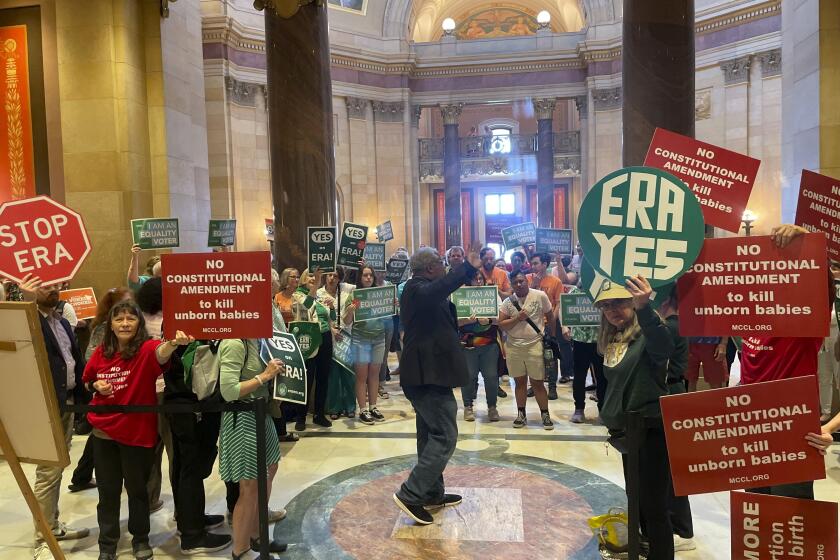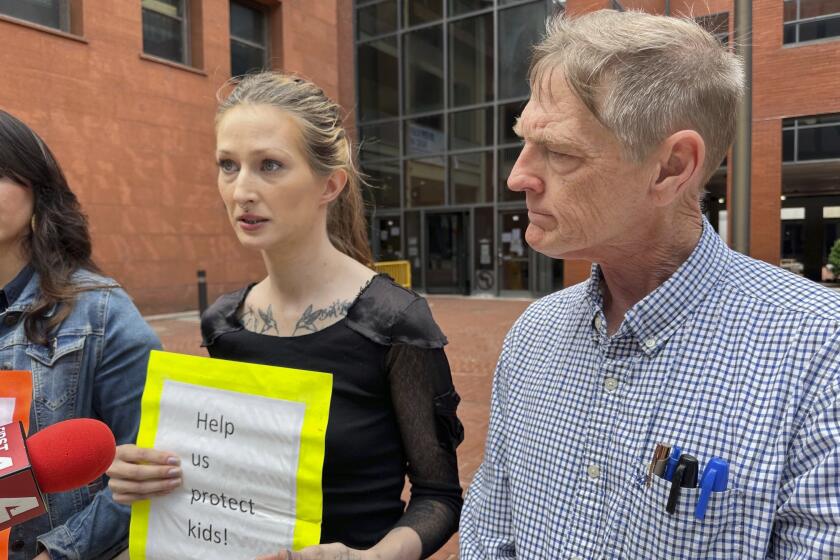RT@chavezcandanga, Look who’s twittering now!
“About Face” is the name of one of Venezuelan President Hugo Chavez’s “missions” or social programs. It could also describe his embrace of Twitter, the social networking medium.
As recently as late January, Chavez called Twitter a “tool of terrorism” and, upset by thousands of opponents who used it for “virtual” demonstrations calling for his resignation, threatened to propose a law restricting the use of the Internet in Venezuela.
But Chavez has had a change of heart. Last month. he joined Twitter under the account name “chavezcandanga” and since has become one of network’s most enthusiastic and popular users, with 313,000 followers (candanga means “devil” and is perhaps a dig at his critics).
Last week, he was gaining followers at the rate of 30,000 a day. Chavez even has become a Twitter evangelist, urging former Cuban President Fidel Castro and Bolivian leader Evo Morales to join.
Chavez apparently has reconciled himself to his critics on Twitter, as well as the enforced brevity of a Twitter message, which at a maximum of 140 characters is unusually terse for the long-winded president.
“Some people criticize me, some insult me. It’s not important,” he said of Twitter in a recent television appearance. “It’s a form of contact with the world.”
Chavez also said that had formed a “team” of 200 media specialists to help him deal with the avalanche of Twitter messages he is receiving, many of them citizen grievances.
The Venezuelan leader sends regular bursts of messages touting his government’s accomplishments, announcing the visit of a foreign dignitary or saying hello to supporters.
“How is Monday going? Good for everyone, I hope. Today I’m going to a workshop with a Chinese delegation. High strategy!!!” Chavez twittered last week.
But there is also the occasional news flash. Early Thursday, he announced that an offshore gas drilling platform called Aban Pearl had sunk “a few moments ago” in the Caribbean and that all 95 workers on the rig had been rescued.
On Tuesday, he announced that he was nationalizing Santa Ines University in his native Barinas state.
Chavez’s adoption of Twitter is an indication of the increasing popularity of social networking, and as the president has come to realize, its usefulness as a political and business medium. Twitter is ideally suited to a leader who with each passing year — this is his 12th in office — controls official information ever more tightly.
That opacity is a big reason why “following” Chavez on Twitter has over the last two weeks has become essential for journalists as well as foreign and domestic officials seeking to keep track of his sometimes unpredictable actions.
U.S. State Department spokesman Philip Crowley is among Chavez’s followers. “How could I resist,” he said early this month.
More to Read
Start your day right
Sign up for Essential California for news, features and recommendations from the L.A. Times and beyond in your inbox six days a week.
You may occasionally receive promotional content from the Los Angeles Times.





